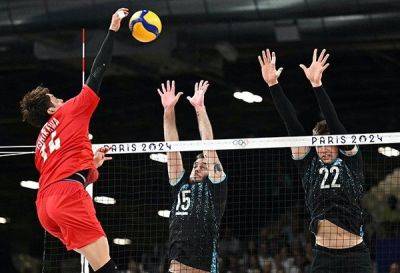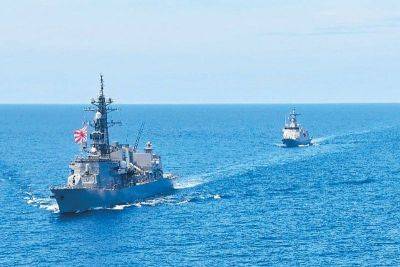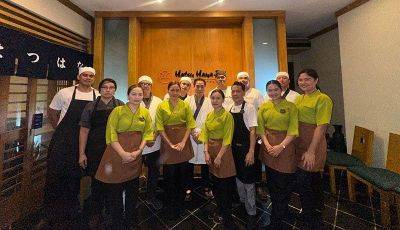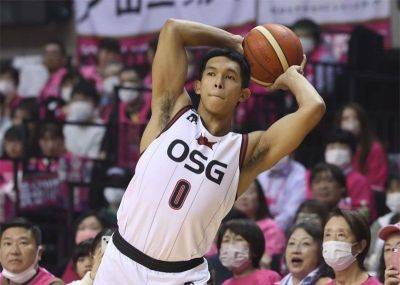Philippines-Japan relations at its best
In all the years since I started out in media, never have I seen our relationship with Japan evolve into what it is today, which is not only at its best, but perhaps at its highest level since the end of World War II. As Japanese Prime Minister Fumio Kishida described it during his visit to the Philippines in November last year, Japan and the Philippines are now experiencing an excellent relationship, calling it “the golden age.”
I frequently visited Japan during the 1970s when I was a news reporter for RPN-9, especially with our former big boss, Roberto “Bobby” Benedicto, serving as the Philippine ambassador from 1972-1978. During that period, a large number of Filipinos or OFWs were starting to be allowed entry into Japan.
I joined President Noynoy Aquino during his state visit to Japan in June 2015 to firm up discussions on our strategic partnership regarding shared goals of ensuring peace and stability in the region, promoting economic growth, transfer of defense equipment and technology and addressing international concerns that include terrorism and climate change. During the state banquet at the imperial guest house Akasaka Palace, I happened to be seated next to Rear Admiral Hisanori Sato, then chief of Japan’s Maritime Self Defense Force.
According to Admiral Sato – who headed Japan’s joint task force that helped the Philippines during the onslaught of Super Typhoon Haiyan (Yolanda) in November 2013 – Japan was prepared to take on a bigger role in the alliance being forged by both nations and expand security cooperation with other allies in the region. Obviously, this was in part prompted by the “incremental assertiveness” being shown by China, whose increasing reclamation activities raised regional security concerns.
I visited Japan again in October 2015, and I could see the big changes happening in the political landscape with then Prime Minister Shinzo Abe – who was reelected to a fresh term virtually unopposed – ushering in a new era in Japan’s foreign policy with the passage of a security bill that widened the scope of the Japan Self Defense Force and allowed the armed forces to fight abroad to exercise the “right of collective self-defense.”







